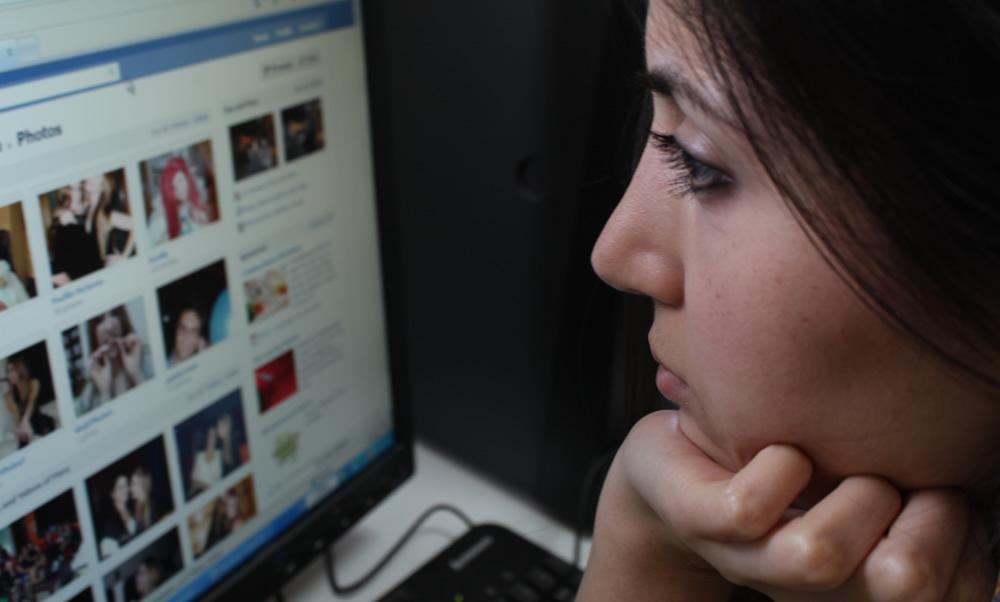When we check into our Facebook profile, we can get instant gratification in the form of ‘likes’ from our friends and friend requests from people we know or have yet to meet. The downside is that it can also give us an artificial concept of the happiness levels of others. A recent study from the Happiness Research Institute encompassed the input of 1,095 Facebook users.
The primary assessment asked participants to evaluate their life satisfaction using the standard 1 to 10 scale. The assessment incorporated a number of different factors—overall happiness levels, how much they enjoyed life, levels of sadness and anxiety, as well as character attributes such as enthusiasm and decisiveness.

After one week had elapsed, 88% of participants who stopped checking in to Facebook reported that they felt ‘happy’. On the other side, only 81% of participants who continued to use the social networking site said they remained happy. Though none of the assessment characteristics changed, the average assessment metric marginally increased to 7.75 during the following week.
However, those that gave up Facebook reported a life satisfaction jump from an average of 7.56 to an average of 8.12.
This data supports the researchers’ conclusion that ‘a significantly higher level of life satisfaction’ existed among the participants who did not use Facebook. This is only supported by the reports of many Facebook users where it was reported that 61% of participants admitted to preferentially posting their ‘good sides’. An additional 69% claimed that they preferred to post photos of ‘great things’ as opposed to other, possibly less great, aspects of their lives. This information serves to reinforce the fact that the ways in which we interact with our Facebook friends is not an accurate representation of true social interaction.
One researcher was quoted as saying, “Facebook distorts our perception of reality and of what other people’s lives really look like”. Results aside, the Institute hopes that the findings will encourage Facebook users to reconsider their use of the social networking platform.
The study’s findings point to the fact that excessive use of Facebook can make users ‘lonely and angry’ in that they often are forced to compare themselves to the misleadingly flawless lives of others.
Comparing Facebook to “a non-stop great news channel” and a “constant flow of edited lives” researchers encourage users to rethink the way they perceive their own Facebook experiences.
